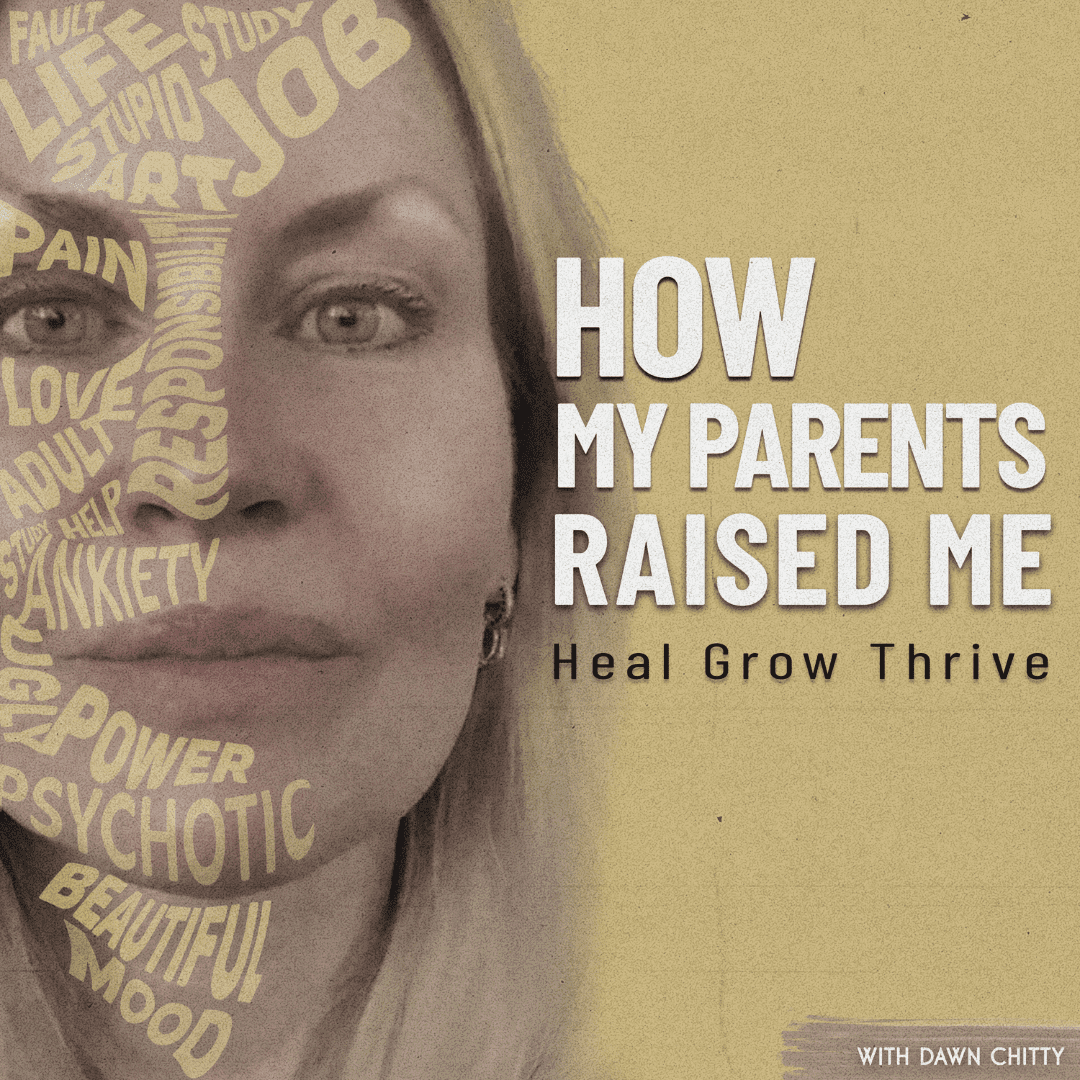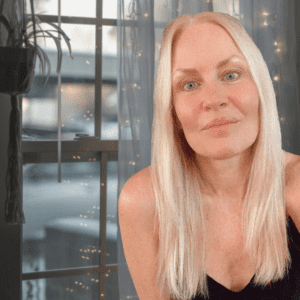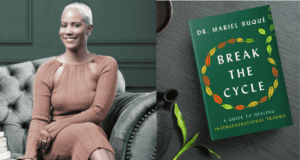Are you obsessed with understanding your romantic relationships and yet rarely spend time reflecting on your friendships? If so you are not alone.
Over the course of our lifetime we fall into friendships which might survive for years. And even though we might become irritated or angry with a friend, we rarely address the underlying issues. We bury feelings of irritation and anger until it becomes unbearable.
Making friends is generally a passive process. There are highs and lows and then one day you may decide that spending time with certain people just doesn’t feel that good any more.
As a society we have no real collective language for navigating conflict within friendships. There’s no blueprint for navigating how to get into a new friendship, how to get out of an existing friendship, and as a result, there can be a lot of turmoil and unresolved feelings.
We leave so much on the table with these relationships, but if we could be more proactive and more intentional in them and demand more from them they could serve as a real source of inspiration and fulfilment.

We spend so much time ruminating on romantic relationships. Every book, TV series or reality show is about finding that special life partner. But the relationships we have with other women are rarely discussed. So, here are some tips to supercharge your female friendships.
Discussing your romantic relationships with your friends is very common. But if you’re having a problem with a friend, you often wouldn’t talk about it unless in a gossipy way.
So what do we need to know about creating beautiful female friendships?
The Top Ten Tips To Supercharge Your Friendships!
1. Actively Work On Your Relationships
Friendships can feel like a ‘nice to have’ rather than a ‘must have’. Good relationships take work. They take time, they take energy, they take blood, sweat, and tears. No worthwhile relationship gives, gives, gives. That’s a passive relationship. That’s letting the relationship happen TO you. You need to be active, go out and happen TO the relationship.
How often to you sit down with a friend and talk through what is happening in your friendship? It’s easier for us to deflect and have these third party conversations about the person we’re having a problem with, as opposed to sitting down and talking to that person in a meaningful way.
The bubble of gossip is bad for friendships. It’s destructive. The reason we gossip is because we’ve learnt not to direct our issues to the source of the problem. The source of the problem is not the friend, it’s the relationship between us. And we rarely address the relationship.
2. Supercharge Your Female Friendships by Understanding Where You Came From
The way your parents relate to other people, the way they socialize or interact with friends can have a huge influence on how you do those things too. We learn from them. But sometimes their way isn’t our way. And that’s important to understand.
If you find yourself doing life the way your parents did and it doesn’t feel good, ask yourself ‘is this how I want my life to be?’ If your mother was a social butterfly and you’ve felt guilty your entire life unless you’re madly entertaining 24/7 …but you don’t even enjoy it? Consciously consider your options. Your parent’s way of doing life is deeply ingrained, but it doesn’t mean it’s what you personally need.
3. How Did Your Parents Interact With You?
As a child you have one or two primary caregivers and how you interact with those primary caregivers, or rather how they interact with you, highly defines how you will go out into the world and operate with others.
The best ‘attachment style’ is secure attachment, which means all of your basic physical and emotional needs were met. When you were nonverbal and couldn’t communicate, secure attachment means you were fed, put to bed and bathed on time.
If you were crying, somebody came and hugged you or maybe gave you a kiss. There was a lot of touch.
If you had parents that were never around, either because they suffered from depression, were divorced, or became incapacitated for some other reason, or perhaps they were there and just couldn’t connect emotionally… that’s called an insecure attachment.
It means you lose trust in others. You can be avoidant with people. You might never fully commit to relationships because you’re afraid that somebody is going to leave you or not meet the needs you have. All of these things affect how you show up in friendships.
4. How Am I Showing Up?
It is important to take a critical look at yourself and say ‘how am I showing up in these relationships? Am I showing up in the way I want to? If not, why not?’ The bottom line is to ask yourself ‘Am I showing up authentically?’ You will never get the maximum you can out of a relationship until you are being true to yourself.
If you have the courage to show up authentically and be seen for who you really are, that’s where the good stuff happens 🙂

5. Recognising The Red Flags
Ask yourself ‘is this friendship still serving you?’ Here are two red flags to consider…
Do you feel differently than who you really are when you’re with your friend? Do you feel like you’re behaving or operating differently than you normally would? If somebody takes you off course from who you feel like you are authentically, these are huge red flags.
Do you spend most of your time in negativity when you’re with that person? Many relationships are built on leaning into the negative, talking shit about so and so, complaining about your job, family or partner.
If that’s a driving force in a relationship, that is not where you want to be because that becomes a self-fulfilling prophecy. The more you lean into or get comfortable in the negative, the more negative you attract.
6. Remember Your Moral Code
You have to be really clear on what your moral code is. If you feel you are making a real trade off that you are uncomfortable with, or if somebody behaves in a way you know is unacceptable, it is important to get clear on what is acceptable to you.
Realistically this is not your person and they will inevitably let you down in the end.
7. Put Boundaries In Place
Boundaries are important to maintaining healthy friendships. Ask yourself, am I going to choose what my friend needs? Or am I going to choose what I need? In the end you must choose you.
You need to be able to answer four questions to create a boundary. Who am I? Where am I? How did I get here and where do I want to go? And until you can answer those four questions, you can’t put boundaries in place.
You can’t expect people to know what your boundaries are if you don’t know what they are first. So the work starts with you.
To create boundaries within a friendship, you can instigate a conversation about what’s acceptable to you. The first conversation might be difficult because people can get defensive or reactive. You might need to have two or three more conversations until emotions calm down and you can get clear on where you both stand. This will be a real test about the strength of your relationship and whether it can handle the hard times. You create boundaries, she creates boundaries.
It is much more difficult to put boundaries into an existing relationship than it is a new relationship. So when you do start a new friendship, lead from that place. People don’t like change, but if you’ve clearly identified some boundaries that you need to have respected and the other person can’t respect those boundaries, you will need to let that relationship go. That’s the ‘choosing me’ part. Choose you first.

8. Is This Relationship Past Its Use By Date?
When things turn sour we often describe a friend as toxic. But own your role in this. It’s the relationship that is toxic, not the individuals within it. That person has other relationships that work well and so do you. Take a look at whether you need this friendship to continue and work. Work on yourself first. Then you can put in place the relational part. Get curious and have a deeper dive into what makes you tick, how you want to be seen and supported and work towards ensuring you receive that.
9. The End Of A Relationship
When a relationship ends, we feel a lot of shame. It must be my fault. I wasn’t good enough to make this work. We need to normalize that it’s okay for friendships to end because nothing has to last forever. It doesn’t mean the relationship has failed. What it means is, you are in a different place now, and that’s okay.
Sometimes we grow apart. It’s a natural ebb and flow of life. Our expectations are not the same anymore. But breaking up is hard to do. You might think ‘she hasn’t done anything bad. Why should I rock the boat here?’ This relationship may have served you well for a while but if it’s done, you don’t need to drag that relationship on any further. Why make it a source of irritation, guilt and shame, if it has run its course? You need to look at it and say, ‘I think it might be time to call it.’
10. Grieving a Lost Friendship
If a friendship has ended, take the time to grieve that relationship just like you would a romantic relationship. Nobody ever talks about the grieving process and so because of that, it feels wrong to feel so upset or hurt or depressed over the loss of a friendship.
But a relationship that has been meaningful and had a role in your life that is no longer there, either by your choice or their choice, must cause some pain and consternation.
There is no need to cut friends out of your life on the flip of a dime, but recognise the signs that this is no longer working. We understand this concept in the romantic arena, but with friends, we just feel irritated, angry and hurt.
Our female friendships are such an important part of our lives, but we are not taught how to navigate these relationships. Being much more conscious of where you’ve come from, how you show up and what you will and won’t accept is important.
And once a relationship is breaking down, recognise that. Decide if it is worth saving and doing the work. You may decide to put up boundaries and work on yourself and the relationship or you may decide to let it go with grace and love for a person who was once an important part of your life.
Erin Falconer is the author of How To Break Up With Your Friends. To hear the full chat with Erin go to Episode 104 of the podcast.










